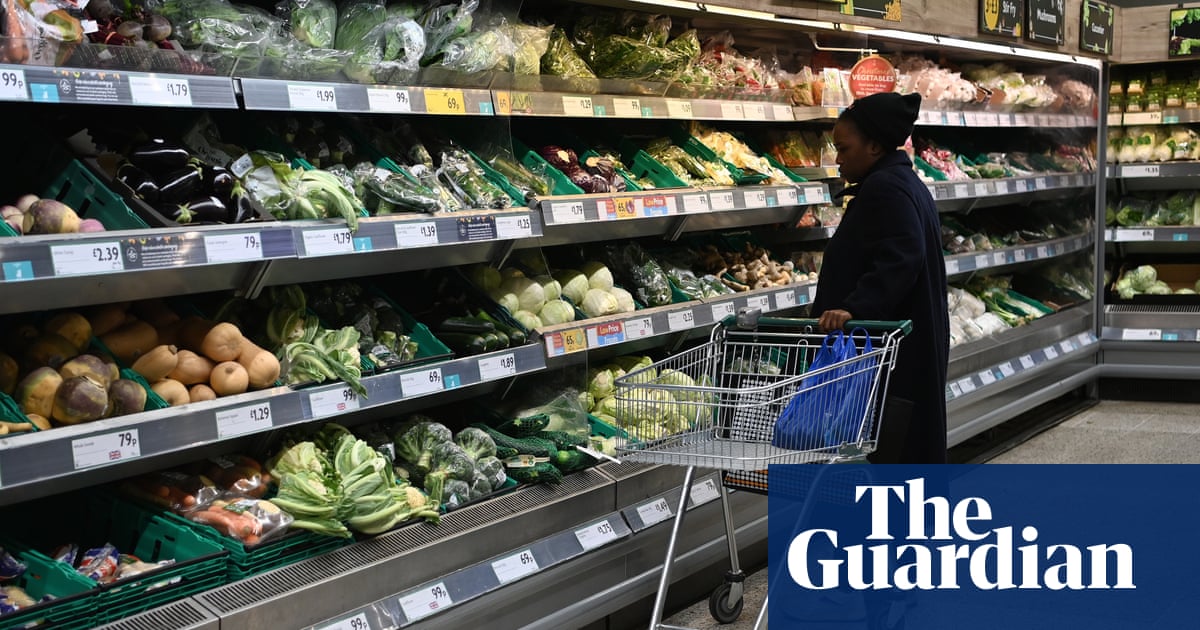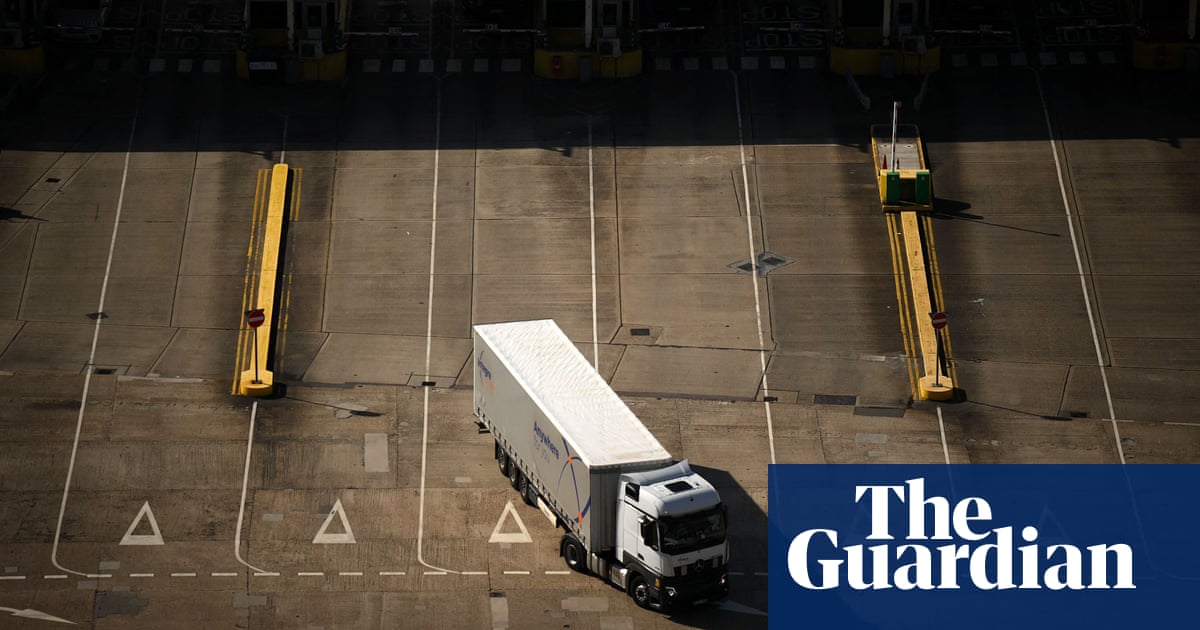
British households have paid £7bn since Brexit to cover the extra cost of trade barriers on food imports from the EU, according to researchers at the London School of Economics (LSE).
The university’s latest report estimating the impact of leaving the bloc on UK food prices found that trade barriers were consistently hampering imports, pushing up bills by an average £250.
The cost of food in the UK had rocketed by 25% since 2019, the researchers calculated, but if the post-Brexit trade restrictions were not in place then this increase would be only 17% – nearly a third lower.
Adding up the impact on all British households suggested they had paid an extra £6.95bn as a consequence, they said.
“Between December 2019 and March 2023 food prices rose by almost 25%. This analysis suggests that in the absence of Brexit this figure would be 8 percentage points (30%) lower,” the report found.
Last year, the LSE centre for economic performance said that leaving the EU added an average of £210 to household food bills over the two years to the end of 2021, at a cost of £5.8bn.
The UK has the highest food inflation rate in the industrialised world, according to recent inflation data.
In the latest figures from the Office for National Statistics, the consumer prices index measure of inflation fell to 8.7% in April from 10.1% in March, but food inflation over the past year remained elevated at 19%.
Brexit trade barriers include extra paperwork to validate goods and veterinary checks on livestock.
Nikhil Datta, one of the report’s authors, said it was possible food costs would continue to spiral.
“Not everything has been instituted at the border. For instance, not all veterinary checks are being carried out,” he said.
“It could be that there will be no adjustment in prices when they do take effect because businesses have already accounted for the extra costs.
“Or the extra barriers, when they come into effect, do increase prices and householders will face a further increase in their food costs.”
The International Monetary Fund has urged the UK government to lower non-tariff barriers to trade to reduce inflation.
In a health check on the UK economy, the Washington-based body said the government should work to bring down inflation generated by trade barriers with its main trade partners after the Windsor agreement between London and Brussels.












